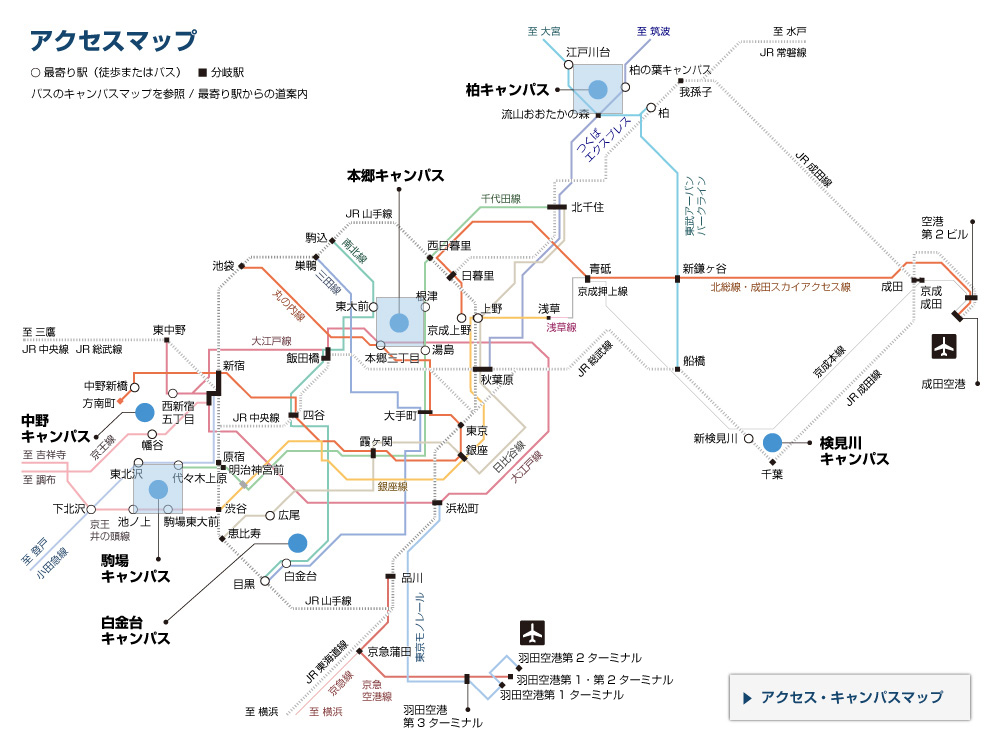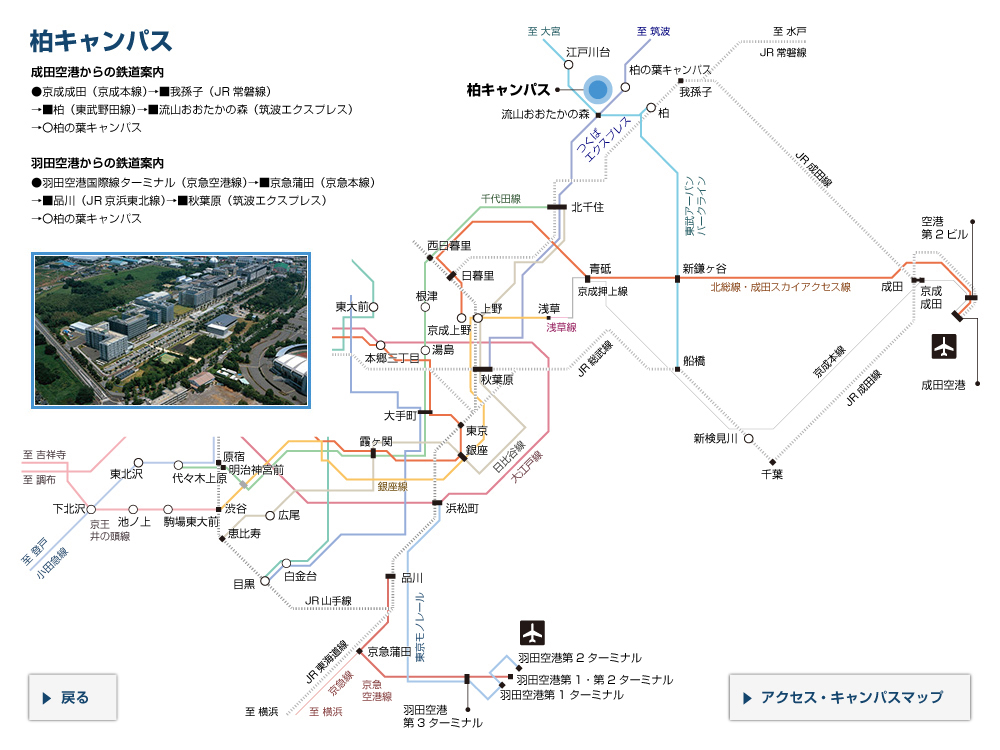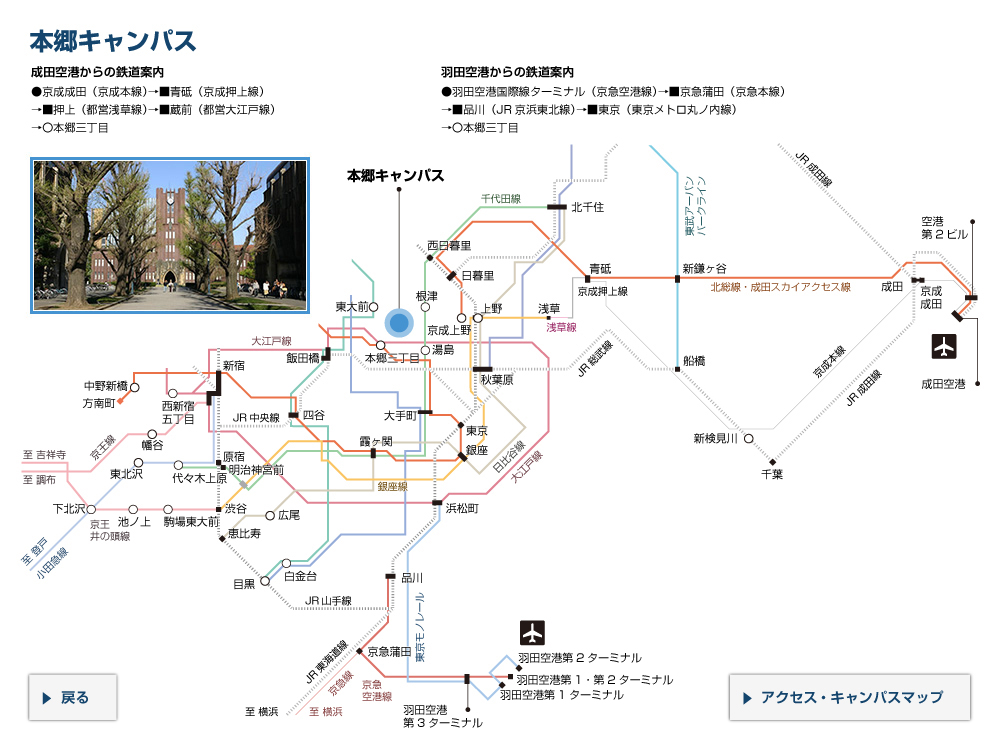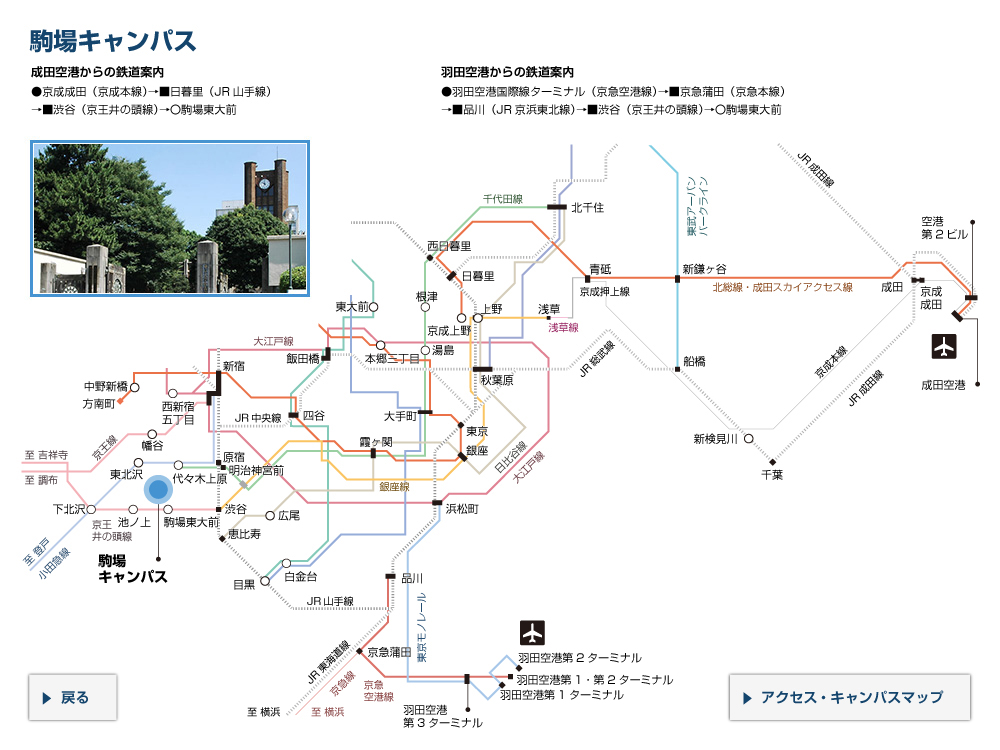令和7年度 東京大学秋季入学式 経済学研究科長式辞
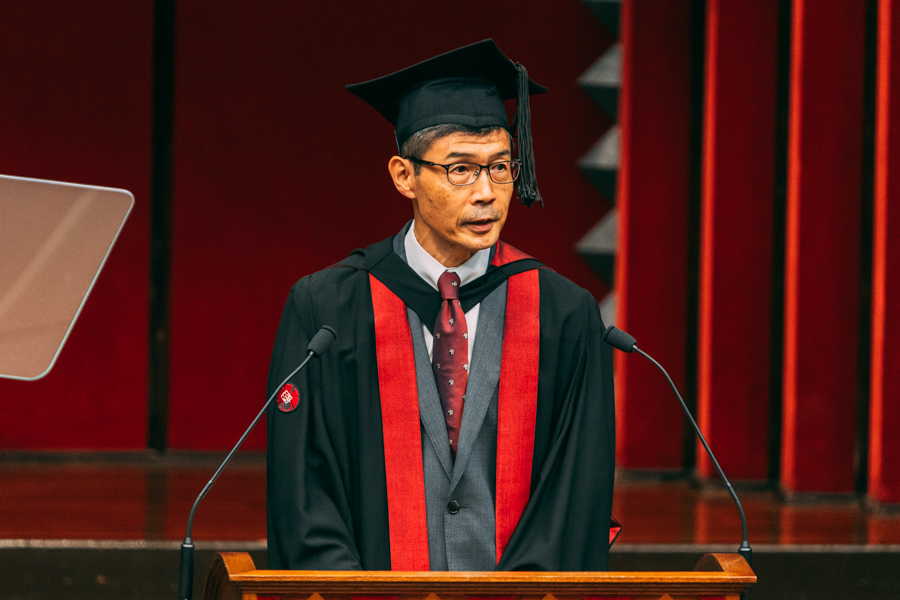

Dean’s Address at the 2025 Autumn Semester Matriculation Ceremony
Congratulations and welcome to the University of Tokyo.
I am Makoto Kasuya, Dean of the Graduate School of Economics. I would like to extend my heartfelt congratulations to all of you, as well as to your families and everyone who has supported you. From this day forward, you are members of our academic community, which pursues the truth and shares the joy of doing so.
I have served as Professor of Business History since 2006, focusing on the emergence of modern corporations and banks in Japan. It is therefore especially meaningful that today’s ceremony is being held here in Yasuda Auditorium, completed in 1925—exactly one hundred years ago—with funds generously donated by Zenjiro Yasuda, the founder of one of Japan’s major banking groups.
Yasuda was born in Toyama in 1838, the son of a lower-ranked samurai who also engaged in farming. He studied reading, writing, and arithmetic for five years at a private primary school. After leaving school, he peddled vegetables and fish while reading and copying books to earn money. Inspired by stories of self-made men, he gradually aspired to become a successful merchant.
In 1854, at the age of seventeen (according to the traditional system for counting age) , he left home without his parents’ permission to go to Edo (now Tokyo) to engage in business, but he failed and returned home. In 1857 he tried again, this time reaching Edo successfully. However, his father searched for him, and his uncle brought him back to Toyama. After much persuasion, Yasuda finally gained his father’s approval and began living in Edo in 1858.
Soon after settling there, he was employed by a merchant dealing in dried foods and money exchange. During the Tokugawa period, three kinds of currency—gold, silver, and zeni (copper, brass, or iron coins)—circulated in Japan, and money exchange was a respected business. In 1863, he became an independent merchant, trading in dried foods and money exchange, and later began accepting deposits and making loans like other exchange houses.
This was a turning point not only for him but also for Japan. Since 1639, the Tokugawa government had prohibited migration and strictly restricted international trade. In 1854, however, it concluded the Treaty of Peace and Amity with the United States, and from 1859 Japan began foreign trade under treaties of amity and commerce with Western countries. The influx of foreigners and free trade deeply unsettled Japanese society, leading to the fall of the Tokugawa government and the establishment of the new Meiji government in 1867. Yasuda profited during these turbulent years by investing in old coins as well as in the new government’s notes and bonds.
In the early Meiji period, Western financial systems such as banks, bills, and checks were introduced. The government enacted the National Bank Act, modeled on the U.S. system, and Daiichi National Bank was established in 1873. Four years later, Yasuda founded Daisan National Bank—the first corporation he established together with other merchants. In Tokugawa Japan, joint-investment entities were rare, and the corporate form was entirely new. Yasuda also attended a banking school founded by the Ministry of Finance, which taught banking and Western-style bookkeeping to prospective bankers. Unlike most money exchangers and merchants of the time, Yasuda eagerly embraced modern corporations and accounting methods.
When the Bank of Japan, the central bank, was established in 1882, Yasuda was appointed executive director and head of the bureaus of discounting, accounting, and shareholders. The Meiji government strongly promoted the use of bill discounting, which had not existed in Tokugawa Japan. After leaving the central bank, Yasuda worked with Eiichi Shibusawa, then president of Daiichi National Bank, to promote the use of bills and to establish the Tokyo Clearing House. From the 1890s onward, Yasuda set up banks across Japan in partnership with local merchants and industrialists, while also rescuing struggling institutions. Through these efforts, he built one of the largest banking groups in prewar Japan.
Yasuda was indeed the self-made man he aspired to become. At the same time, he was not bound by old customs but was eager to adopt new institutions such as modern bookkeeping, corporations, and Western-style bills. He was open to working with other merchants and industrialists, and to learning from progressive leaders such as Shibusawa and government officials with Western knowledge. In broadening his perspective, weak ties with distant colleagues were as important as strong ties with nearby partners.
An enterprising spirit like Yasuda’s is equally indispensable for researchers. Breakthroughs in research may arise not only from close colleagues but also from those working in seemingly unrelated fields. The University of Tokyo, with its 12,000 world-class professors, researchers, and staff members, 15,000 talented graduate students, 15 graduate schools, and 11 affiliated institutes, offers one of the most favorable environments for study and research. I hope you will take full advantage of the university’s rich resources in pursuit of your goals.
Yet chance encounters are supported by daily effort, just as Newton’s apple fell to one who had long prepared his mind. There is a Japanese proverb, kaho wa nete mate (“good things come to those who wait”), but Yasuda slightly altered it to kaho wa nette mate (“good things come to those who prepare”).
Today marks the beginning of your encounters and your preparations. I warmly welcome you once again and congratulate you on joining our university. Thank you.
KASUYA Makoto
Dean of the Graduate School of Economics
The University of Tokyo
October 1, 2025
関連リンク
- カテゴリナビ



